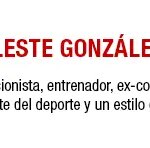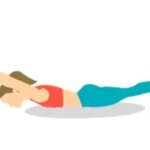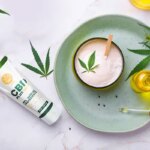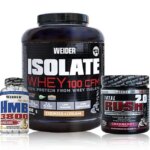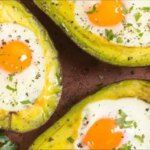
Eating a plant-based diet has multiple benefits, however, it is not always easy. One of the main challenges that comes along with this type of lifestyle is avoiding potential deficiencies in the vegan diet and incorporating a variety of foods that are sources of different nutrients.
Vegan and vegetarian diets undoubtedly provide a wealth of benefits, although completely eliminating animal products may result in certain deficiencies.
Deficiencies in the vegan diet
Nutritional inadequacies that are more common with vegan and vegetarian diets include:
Vitamin B12
It is the best known deficiency and is found mainly in animal foods such as dairy products, meat and eggs. Although some books or websites claim that some plants such as mushrooms or tempeh are sources of vitamin B12, they contain (inactive) analogues that are similar to vitamin B12 but do not perform the function of vitamin B12. In fact, there are only two reliable sources of this vitamin and they are foods fortified with this nutrient and supplements. The symptoms of Vitamin B12 deficiency are: megaloblastic anaemia, which can result in depression, mental confusion, numbness of the limbs and even loss of balance. 1000 mcg cyanocobalamin 1-2 times a day is the best option to obtain the necessary doses.
Vitamin D
Vitamin that plays an important role in bone health, as well as in the immune, nervous and muscular systems. This vitamin is mostly found in (fortified) dairy products, egg yolks and fatty fish, however, sun exposure is also recommended to get enough Vitamin D, which is very difficult in winter. Insufficient vitamin D may weaken bones, increase the risk of multiple sclerosis, muscle weakness, cancer and depression. Now, it is usually difficult for anyone to get a daily intake of vitamin D, so supplementation can be an important option if you are deficient. Vitamin D2 and Vitamin D3 are both effective and well absorbed, with D2 being the one that is allowed for vegans.
Iron
An important mineral for red blood cells and necessary to form haemoglobin. Iron deficiency anaemia is a common problem, especially in women, and can sometimes depend very much on our diet. While it is true that iron from animal sources is better absorbed than vegetable iron, its absorption can be increased by consuming foods rich in vitamin C.
Iron-rich plant foods include legumes, nuts, bran, green leafy vegetables, which can be consumed with foods such as kiwi, strawberries, oranges, peppers, broccoli, which are high in Vitamin C.
Depending on the amount of exercise performed, vegans may be slightly more iron-dependent than others, the important thing is to maximise iron absorption with Vitamin C.
Related articles:
- Everything you need to know, if you want to become a vegetarian
- Vegan breakfasts
- Vitamin B12 deficiency in vegetarians and vegans

